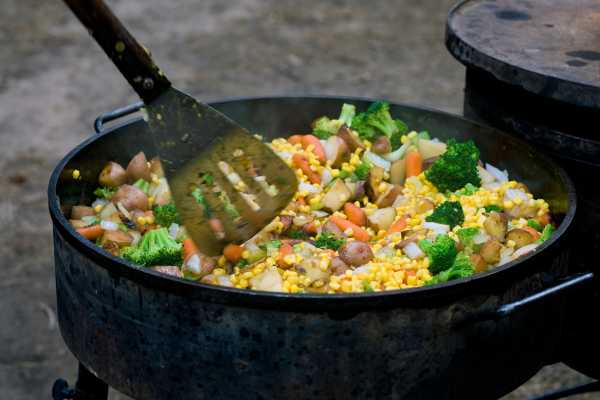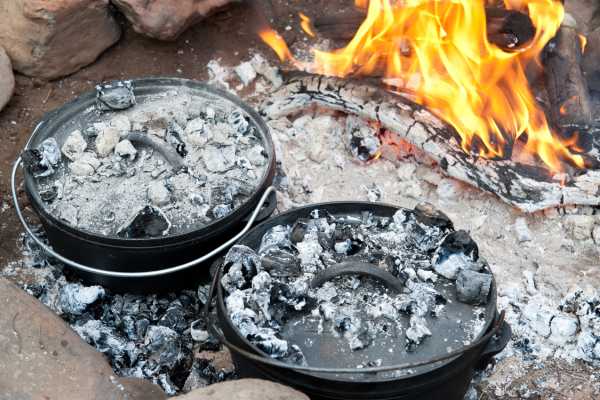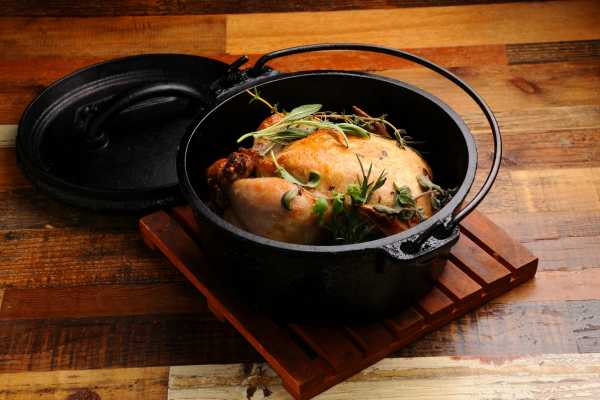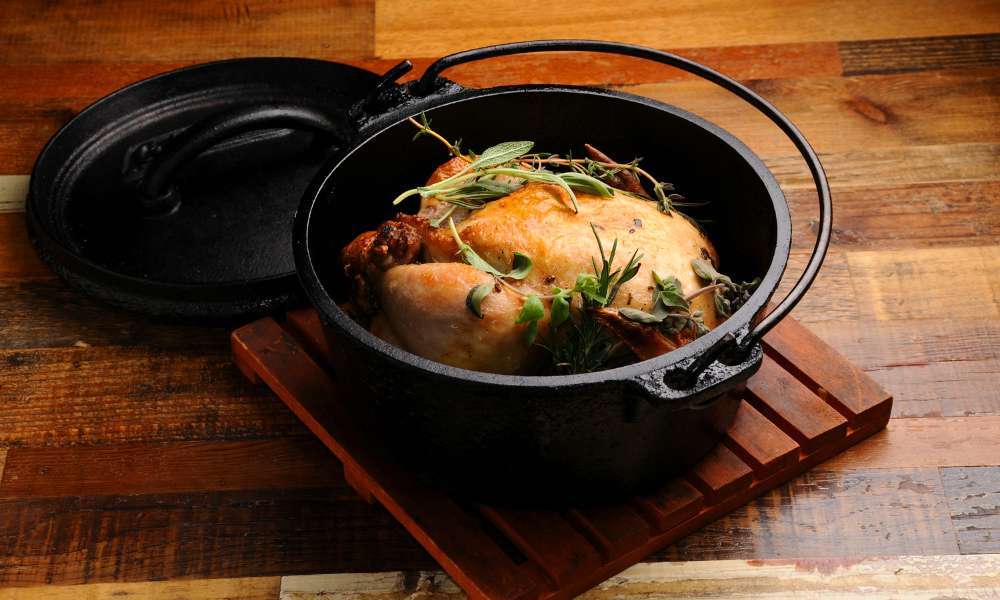Language often evolves in amusing and unexpected ways, giving rise to colloquial expressions that enrich our communication with humor and color. Among these quirky terms is “However slang,” a phrase with a playful yet specific meaning. This article delves into the origins, usage, and cultural context of Dutch oven slang, exploring how it reflects our fascination with humor and lightheartedness.
Understanding the Basics of Dutch Oven Slang

At its core, However slang refers to a humorous and sometimes cheeky act where someone traps another person under a blanket after releasing a flatulent odor. While the phrase may raise eyebrows, it is widely recognized as a playful prank rather than a serious or offensive action. The term borrows its name from the traditional Dutch oven cookware, known for trapping heat and sealing in flavors, drawing an ironic comparison to the concept of trapping odors under a blanket.
The Origins of Dutch Oven Slang

The exact origin of the term is hard to trace, but its playful nature suggests it emerged from casual or familial interactions. The concept aligns with other humorous pranks and jokes passed down through generations, often centered on creating memorable, albeit mischievous, moments. The comparison to a Dutch oven likely stuck because of the vivid imagery it evokes, making it both amusing and relatable.
Dutch Oven Slang in Pop Culture
Over time, However slang has found its way into pop culture, appearing in sitcoms, comedy sketches, and even internet memes. The term often sparks laughter and serves as an example of how humor can be derived from the simplest situations. Popular media has embraced the term, presenting it as a lighthearted, if slightly immature, form of humor that resonates with audiences seeking comic relief.
Why Humor Matters in Language
Humor plays a critical role in human interaction, helping to break the ice, ease tension, and foster connections. Dutch oven slang, while unconventional, exemplifies how humor transcends boundaries and enriches relationships. By finding humor in everyday occurrences, such expressions highlight our ability to take life less seriously and enjoy playful moments with friends and family.
Cultural Variations in Slang Terms
Interestingly, although this specific prank uniquely associates with the slang, other cultures also have their own humorous terms and expressions for similar antics. This highlights the universal nature of humor, albeit with regional twists. Exploring these variations offers a glimpse into how different societies approach humor and social dynamics, emphasizing shared human experiences.
The Psychology Behind Dutch Oven Slang

The humor in However slang stems from its surprise element and the playful violation of personal space. Psychologists often point out that pranks like these work because they momentarily disrupt social norms in a non-threatening way, eliciting laughter and camaraderie. The act, while cheeky, is seldom meant to cause harm and often strengthens bonds between participants.
Is Dutch Oven Slang Offensive?

While some might view Dutch oven slang as inappropriate or juvenile, it is important to consider context. Within close relationships or among friends who understand the intent, it is generally perceived as harmless fun. However, as with all humor, it’s essential to gauge the audience and ensure the act aligns with mutual comfort levels.
Dutch Oven Slang in Online Communities

The internet has amplified the reach and popularity of Dutch oven slang, with platforms like Reddit, Twitter, and TikTok showcasing stories and memes revolving around the term. These digital spaces have allowed people to share their experiences and reactions, often turning the concept into a viral topic of conversation.
The Role of Language Evolution
Dutch oven slang is a testament to how language evolves to accommodate humor and creativity. Slang terms often reflect societal trends, encapsulating the playful side of human nature. As people continue to coin new expressions and reinterpret existing ones, language remains a dynamic tool for connection and self-expression.
Humor and Relationship Dynamics
In relationships, humor is often a cornerstone of intimacy and trust. Lighthearted pranks like those associated with However slang can create inside jokes and shared memories, adding depth to personal connections. While it may not be everyone’s cup of tea, this type of humor resonates with those who appreciate playful banter.
Conclusion
Dutch oven slang serves as a humorous, albeit unconventional, example of how language reflects human creativity and playfulness. Although not everyone may prefer this style of humor, it underscores the power of laughter to connect people and enrich relationships. Understanding and appreciating such expressions within their context allows us to see the lighter side of communication, reminding us to embrace moments of levity in everyday life.

